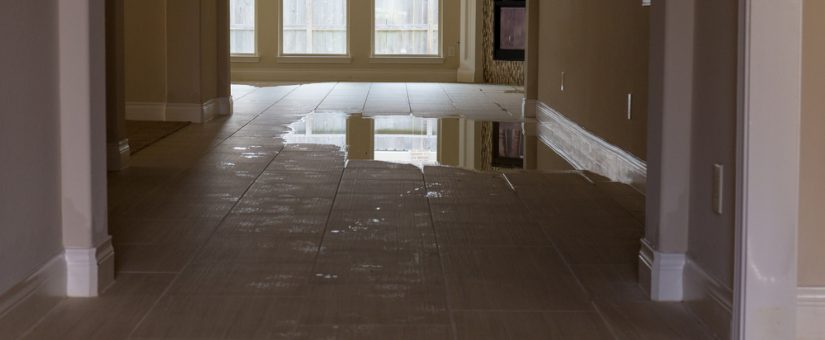Exposing the Key Triggers Behind Residential Water Leak Issues
Exposing the Key Triggers Behind Residential Water Leak Issues
Blog Article
Just about every person will have their own individual theory when it comes to Common Water Leaks In House.

Leakages not only create waste of water yet can additionally trigger unneeded damages to your house and also promote unwanted organic growth. By recognizing and looking for daily circumstances that trigger leaks, you can safeguard your house from future leaks and unneeded damages.
Trespassing roots
The majority of water leakages begin outside the residence instead than inside it. You may discover wet patches or sinkholes in your yard, and that might mean that tree origins are attacking water lines triggering water to seep out.
Rusty water supply
This could be the reason of discoloration or bending on your water pipes. If our plumbing system is old, consider changing the pipes since they are at a higher danger of corrosion than the more recent models.
Malfunctioning Pipe Joints
Pipeline joints can weaken over time, resulting in water leakages. If you have noisy pipes that make ticking or banging noises, specifically when the warm water is transformed on, your pipeline joints are possibly under a lot of stress.
Instantaneous temperature changes.
Severe temperature changes in our pipes can cause them to broaden and get unexpectedly. This growth as well as tightening might cause splits in the pipes, specifically if the temperature level are below freezing. It would certainly be best if you kept an eye on how your plumbing functions. The presence of the formerly pointed out situations frequently suggests a high risk.
Poor Water Connectors
At times, a leakage can be triggered by loosened pipes and pipelines that provide your home appliances. In instance of a water connections leakage, you might discover water running straight from the supply line or pools around your home appliances.
Blocked Drains
Blocked drains could be irritating and also inconveniencing, however they can sometimes wind up creating an overflow resulting in break pipelines. Keep removing any materials that may go down your drains that could block them to prevent such troubles.
All the above are sources of leakages but not all water leaks result from plumbing leaks; some leakages might originate from roofing system leakages. All leaks must be fixed quickly to prevent water damages.
Leaks not only create waste of water yet can also trigger unneeded damages to your residence and promote unwanted natural development. By looking and comprehending for daily circumstances that trigger leakages, you can shield your residence from future leakages as well as unneeded damage. Today, we will look at 6 leak creates that may be causing your pipes to trickle.
At times, a leak can be created by loosened pipes and pipes that provide your appliances. In case of a water links leakage, you might observe water running directly from the supply line or puddles around your devices.
How To Check For Water Leak In Your Home
How To Check for Leaks
The average household's leaks can account for nearly 10,000 gallons of water wasted every year and ten percent of homes have leaks that waste 90 gallons or more per day. Common types of leaks found in the home are worn toilet flappers, dripping faucets, and other leaking valves. These types of leaks are often easy to fix, requiring only a few tools and hardware that can pay for themselves in water savings. Fixing easily corrected household water leaks can save homeowners about 10 percent on their water bills.
To check for leaks in your home, you first need to determine whether you're wasting water and then identify the source of the leak. Here are some tips for finding leaks:
Take a look at your water usage during a colder month, such as January or February. If a family of four exceeds 12,000 gallons per month, there are serious leaks.
Check your water meter before and after a two-hour period when no water is being used. If the meter changes at all, you probably have a leak.
Identify toilet leaks by placing a drop of food coloring in the toilet tank. If any color shows up in the bowl after 10 minutes, you have a leak. (Be sure to flush immediately after the experiment to avoid staining the tank.)
Examine faucet gaskets and pipe fittings for any water on the outside of the pipe to check for surface leaks.
Undetected water leaks can happen without the home or business owner even realizing. If you suspect a water leak, but not able to find the source. It is time to contact a professional water leak detection service, The Leak Doctor.
How To Find a Water Leak In Your Home
https://www.leakdoctor.com/blog/How-To-Check-For-Water-Leak-In-Your-Home_AE197.html

As a keen person who reads about How to detect water leaks in your home, I think sharing that blog post was a great idea. Sharing is good. Helping others is fun. Many thanks for your time invested reading it.
See Availability Report this page